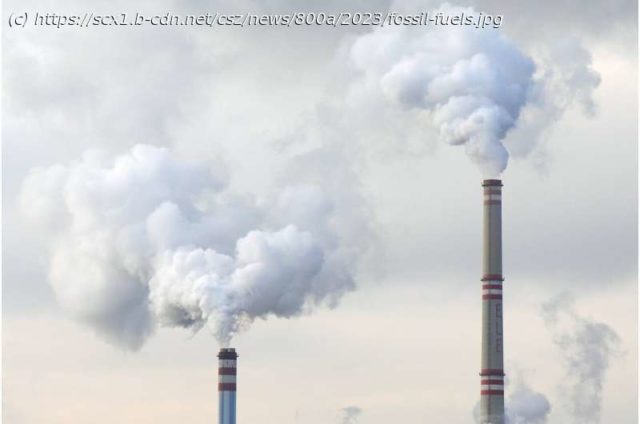Leading Australian economists Ross Garnaut and Rod Sims this week sought to shake up the carbon policy debate in Australia, by proposing a tax on the nation’s fossil fuel production. They claim it could raise A$100 billion in its first year and position Australia at the forefront of the low-carbon revolution.
Leading Australian economists Ross Garnaut and Rod Sims this week sought to shake up the carbon policy debate in Australia, by proposing a tax on the nation’s fossil fuel production. They claim it could raise A$100 billion in its first year and position Australia at the forefront of the low-carbon revolution.
The proposal has been rejected by the federal government and the Nationals, as well as business groups and the fossil fuel industry. The Greens have thrown their support behind the idea.
Garnaut and Sims have characterized their proposal as a «levy.» But it’s essentially a tax, applied to one sector of the economy: exporters of fossil fuels such as coal and gas, as well as importers of oil and diesel.
Australia’s recent political history tells us the road to a carbon tax is not smooth. However, as other nations race to restructure their economies in line with a low-carbon future, Australia risks being left behind. Whether to introduce a major, economy-shaping tax on fossil fuels is a conversation Australia must have.
The respected economists presented the plan to the National Press Club this week. It involves a «carbon solutions levy» applied to all fossil fuel extraction sites in Australia (around 105 sites), and on all fossil fuel imports to Australia. The tax would presumably be calculated according to the emissions generated when the fuels are burned.
Garnaut and Sims say proceeds in the first year of the levy would be well over A$100 billion. They say the money should be spent on a rapid acceleration of Australia’s renewable energy expansion, as well as subsidizing the development of low-carbon manufacturing for products such as steel and aluminum.
The proceeds would also be spent on cost-of-living relief for consumers, such as energy bill relief and scrapping the current excise on petrol and diesel fuel.
Garnaut told the National Press Club the global transition to net-zero represents a huge opportunity Australia must seize, «We can use it to raise productivity and living standards after the decade of stagnation.
Домой
United States
USA — IT Economists have proposed a $100 billion-a-year fossil fuel tax: A debate Australia...






